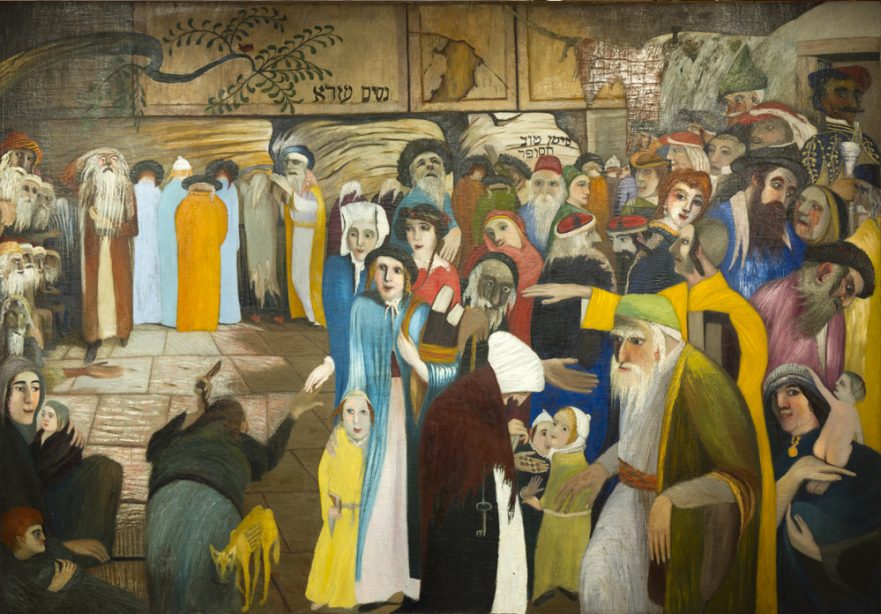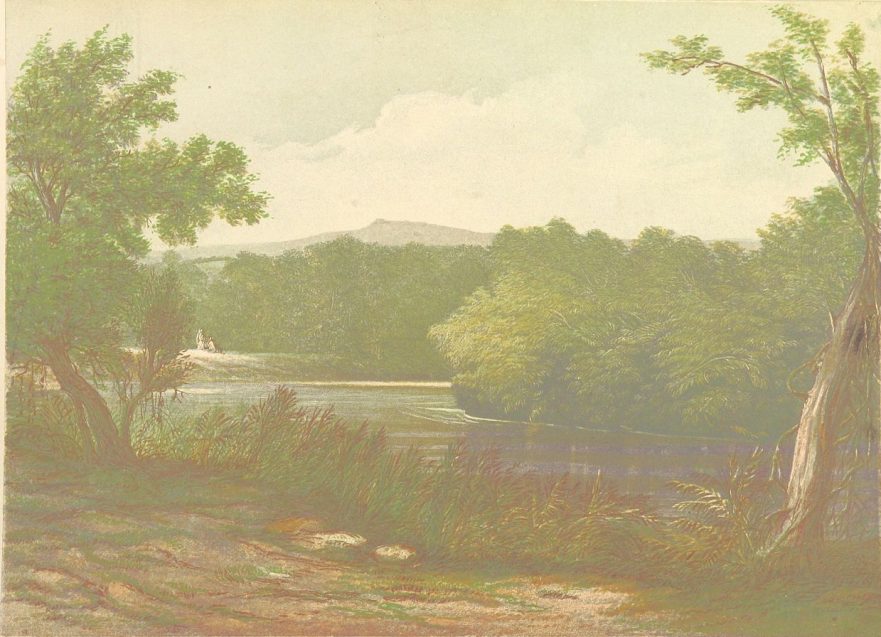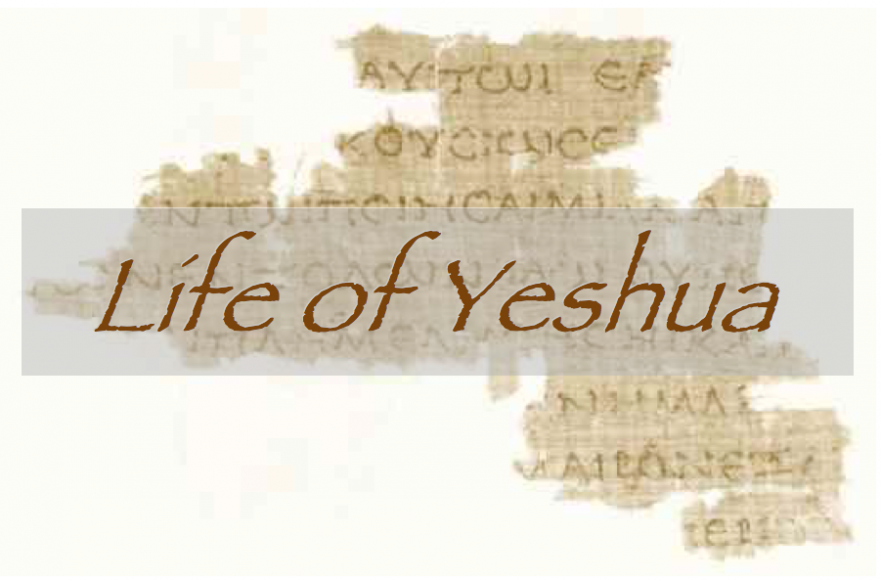David Bivin and Joshua Tilton propose a reconstruction of Jesus’ teaching on how his disciples ought to pray and about the character of the God to whom their prayers are addressed.
Jesus and a Canaanite Woman
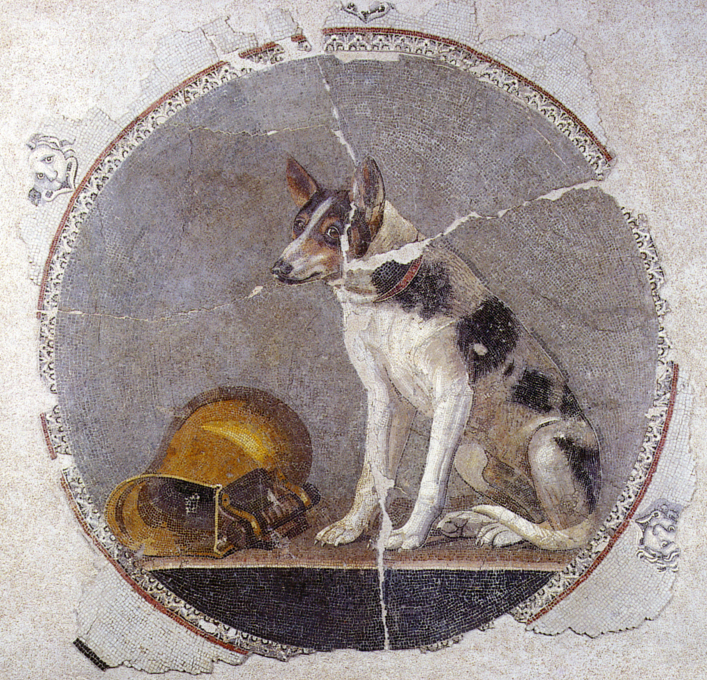
Does the story of a Canaanite woman’s encounter with Jesus, which is found in the Gospels of Mark and Matthew, show indications of having descended from a Hebrew source? Why did the author of Luke fail to include this story? Explore these questions and more in “Jesus and a Canaanite Woman.”
Sending the Twelve: “The Harvest Is Plentiful” and “A Flock Among Wolves”
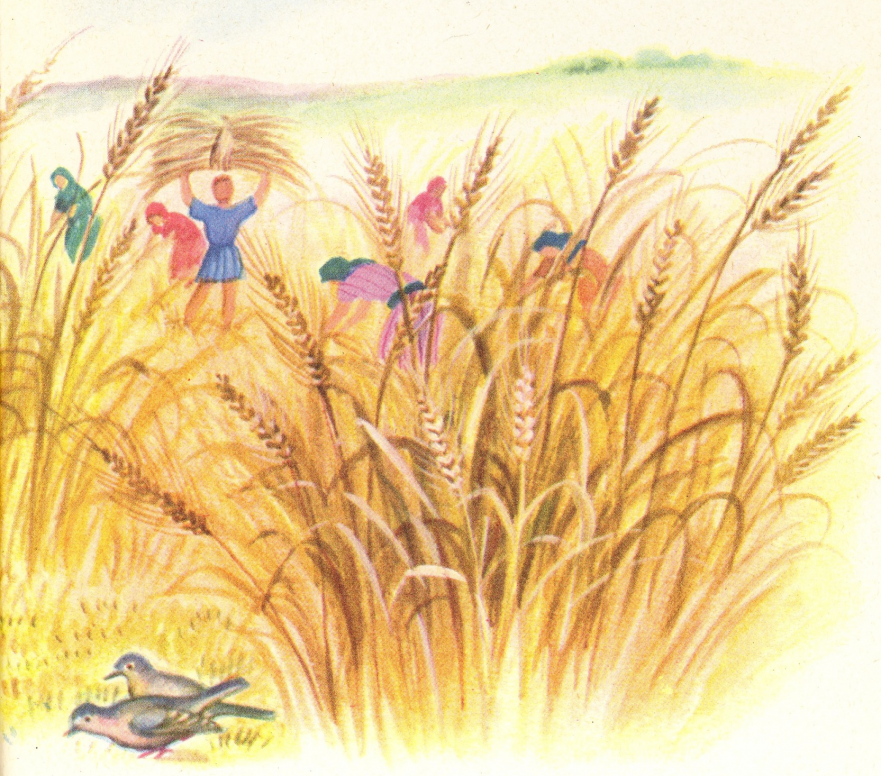
Yeshua told his twelve emissaries: “There’s a huge harvest, but a shortage of harvesters. So send word to the owner of the field to hire more workers to help them finish the job.
“Go! But beware, I’m sending you out like a defenseless flock into a pack of ravenous wolves.”
Sending the Twelve: Commissioning
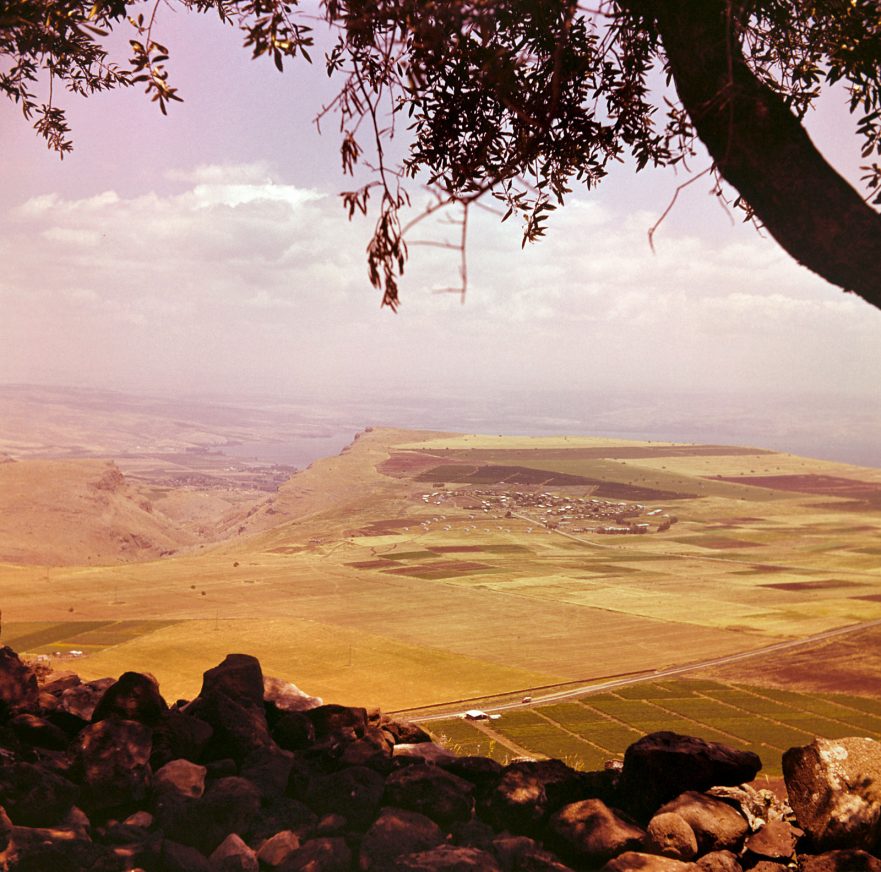
Yeshua summoned his twelve emissaries to Israel and he gave them power to drive out dangerous spirits and to heal every disease and sickness those spirits had caused. Then he sent them on ahead in pairs to every city he intended to visit.
Introduction to The Life of Yeshua: A Suggested Reconstruction Addendum: Linguistic Features of the Baraita in b. Kid. 66a
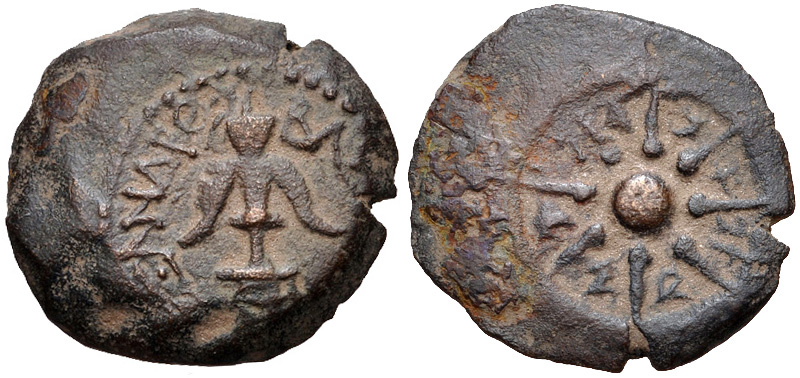
A baraita in the Babylonian Talmud appears to preserve a quotation from a written Hebrew source from the late Second Temple period that contains elements of Biblical and Mishnaic Hebrew similar to the style in which we believe the Hebrew Life of Yeshua was composed.
“Mission of the Twelve” complex
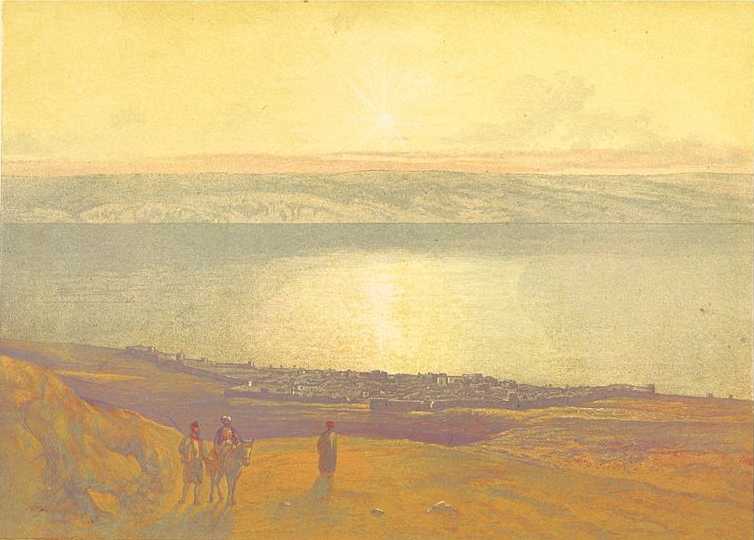
The “Mission of the Twelve” attempts to reconstruct the complete story of the apostles’ healing and teaching mission.
Choosing the Twelve
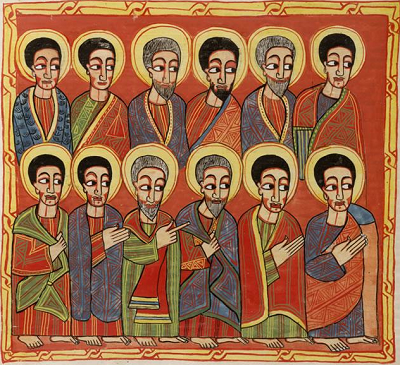
One day Yeshua called his disciples together and chose twelve of them to be his emissaries to Israel. Their names were Shimon Petros and Andrai (his brother), Yaakov, Yohanan, Pelipah, Talmai’s son, Matai, Tomah, Yaakov Halfi’s son, zealous Shimon, Yehudah Yaakov’s son, and Yehudah from Keriyot, who was a traitor.
Reflections on Mark
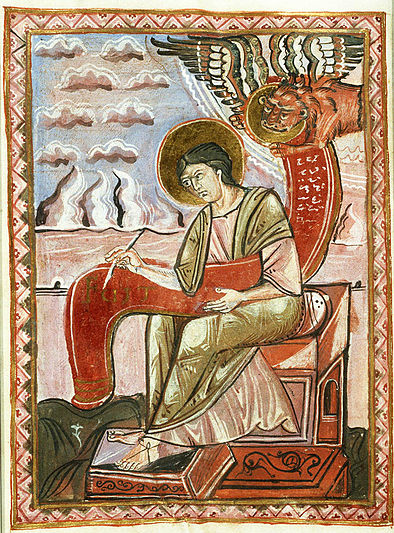
Sometimes the work we do for The Life of Yeshua: A Suggested Reconstruction can seem a little hard on the Gospel of Mark. Our research might leave readers wondering whether we have anything positive to say about Mark. The answer given in this blog is a resounding “Yes!”
Not Everyone Can Be Yeshua’s Disciple
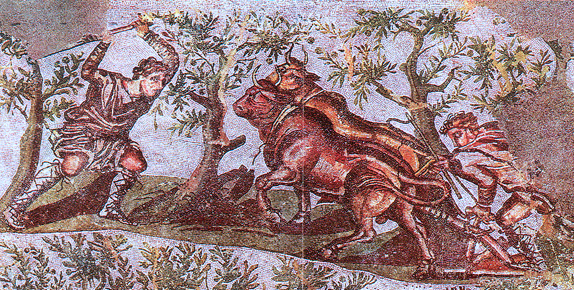
When three eager prospective disciples asked permission to follow Jesus, Jesus responded to each of them with a riddle. Why would God allow Jesus and his followers to sleep on the ground when he provides safe places even for the animals to sleep? How can the dead bury a corpse? Why would a disciple set his hand to a plow when Elisha had given up plowing in order to follow Elijah? These riddles would have to be puzzled over before their meaning was fully understood. But each of the riddles were ominous, and it appears that each of the three prospective disciples reconsidered his desire to join Jesus.
LOY Excursus: Catalog of Markan Stereotypes and Possible Markan Pick-ups
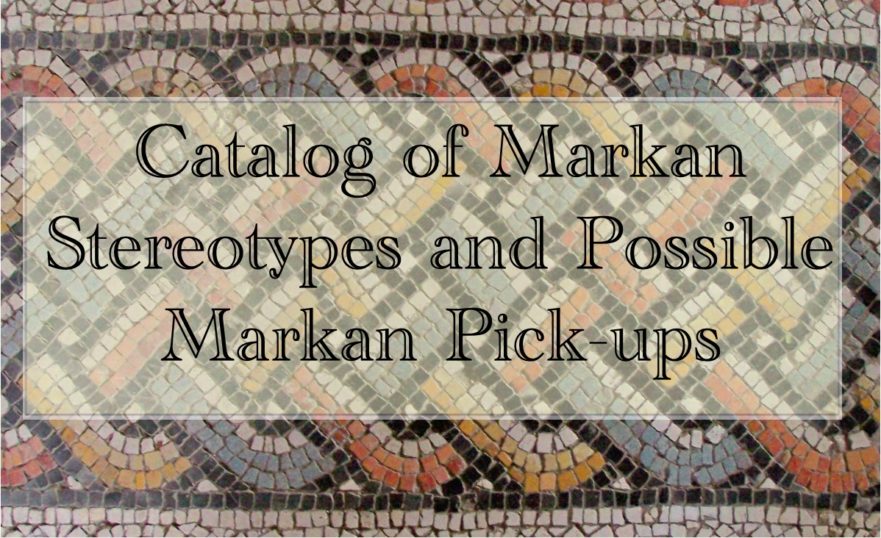
A collection of redactional words and phrases characteristic of the editorial style of the author of Mark.
Tower Builder and King Going to War Similes

The Tower Builder and King Going to War similes explain why Jesus thought full-time discipleship was not suitable for everyone.
Demands of Discipleship

“Anyone who wants to join me but puts family ties or love of self ahead of me cannot possibly be my full-time disciple. Anyone who is not prepared to die cannot possibly be my full-time disciple. Anyone who does not renounce his possessions cannot possibly be my full-time disciple.”
Rich Man Declines the Kingdom of Heaven
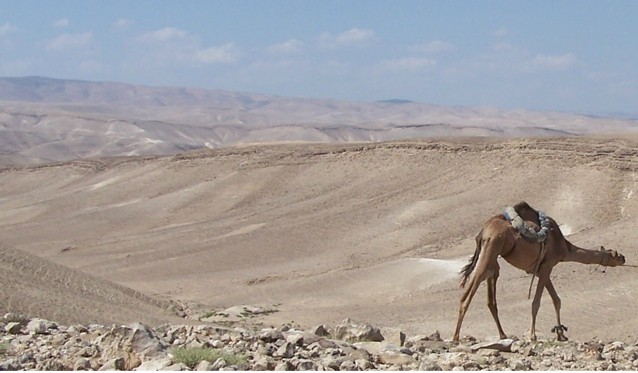
In order to join Jesus band of full-time disciples the rich man would have to adopt a radically different lifestyle than the one to which he was accustomed.
LOY Excursus: The Kingdom of Heaven in the Life of Yeshua
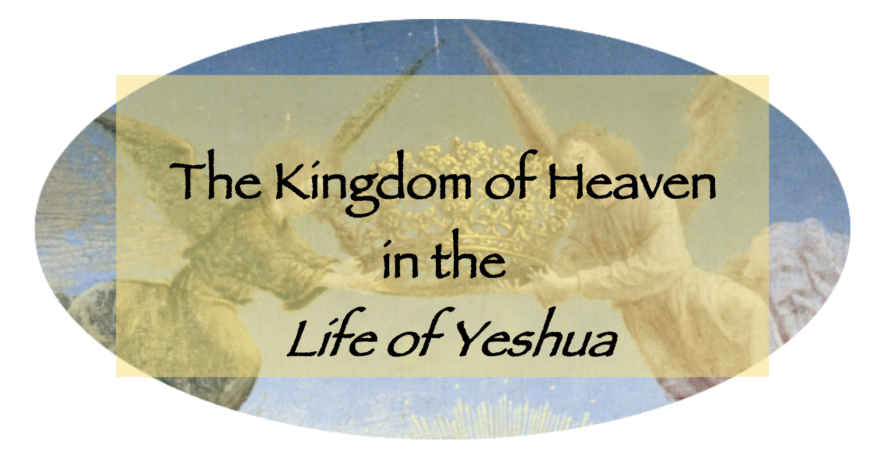
In this excursus to the Life of Yeshua commentary, David N. Bivin and Joshua N. Tilton delve into the ancient Jewish concept of the Kingdom of Heaven and discuss the ways in which Jesus made use of this concept in his own unique style.
Hidden Treasure and Priceless Pearl Parables
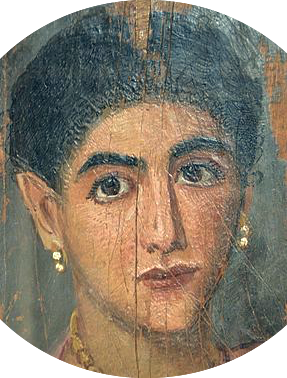
Supposing that these twin parables once belonged to the same narrative-sayings complex as the Rich Man Declines the Kingdom of Heaven incident enables us to understand their message. Jesus’ demand that the rich man sell everything wasn’t an onerous or unreasonable request; to the contrary, Jesus had offered the rich man an extraordinary bargain.

